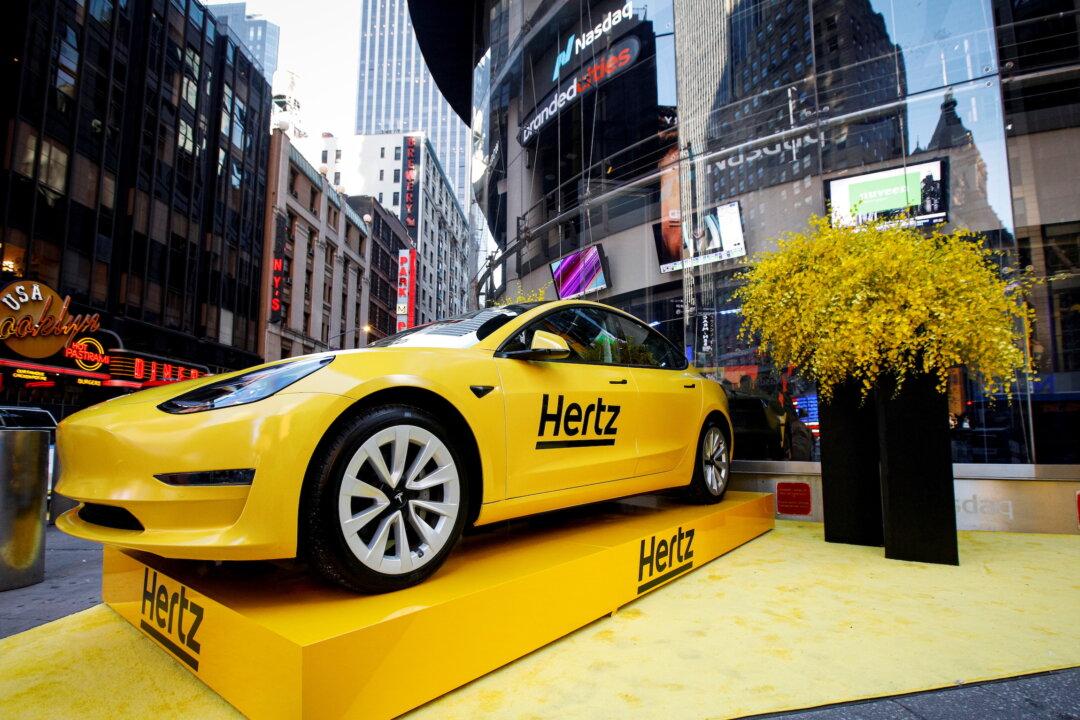The CEO of car rental company Hertz will step down following the company’s failed bet on electric vehicles (EVs), leading to a heavy loss in the last quarter.
Hertz announced on March 16 that Stephen Scherr will leave the company as CEO and board member at the end of this month. Gil West, former chief operating officer of Delta Airlines and GM’s Cruise, will succeed Mr. Scherr as the company’s new CEO.




